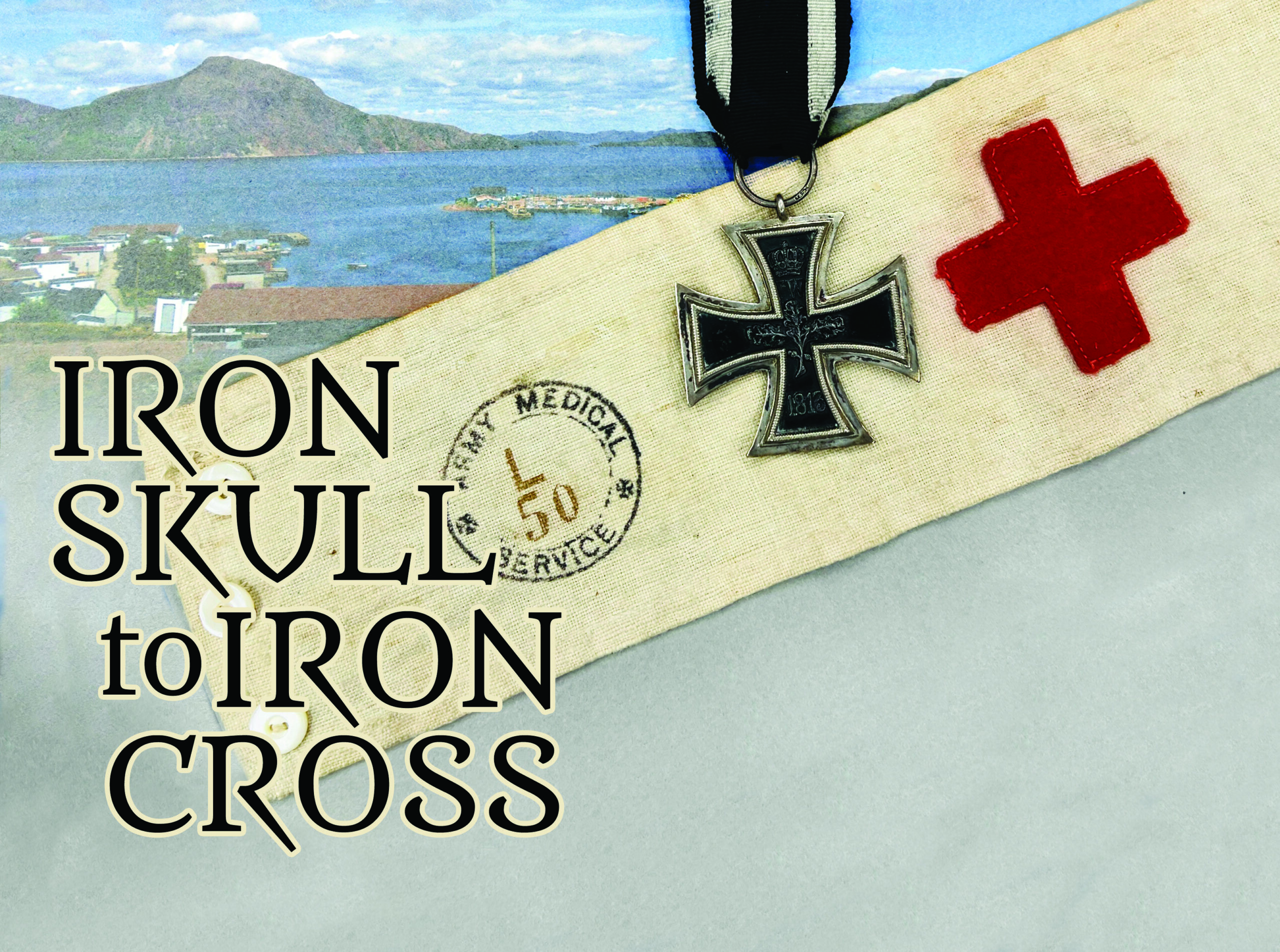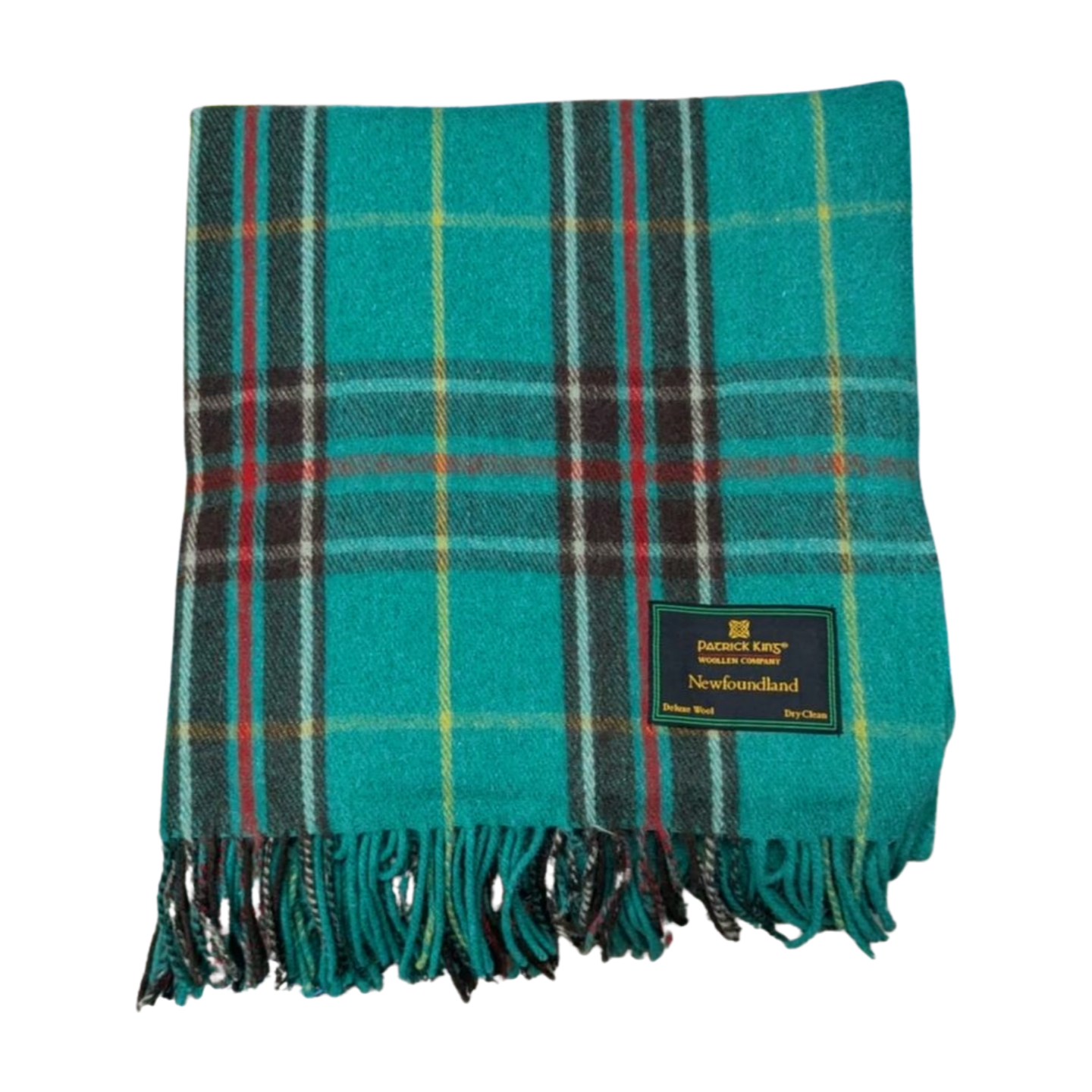A tragic accident overseas rocks the southwest coast of Newfoundland in the summer of 1941.
By: Lester Green
For several Newfoundland families, news of the tragedy that occurred on Deeside Road, Scotland, on July 5, 1941, involving several Newfoundland Overseas Forestry Unit members, was overwhelming. Communications were slow during this time, and the exact dates that families received confirmation about the accident resulted in shattered dreams for two families on the southwest coast of the island.
In the fall of 1939, Charles Short and Cecil White were aware of troubles overseas. Both were married with families and chose not to enlist with any armed forces. They also knew of the recruitment by the newly formed Newfoundland Overseas Forestry Unit (NOFU), but decided to refrain from enlisting with the initial 2000 loggers that travelled overseas.
In the spring of 1940, NOFU began a new recruitment to replace loggers returning home because of the expiration of their six-month contract. Other NOFU members overseas renewed their contracts.
The British government was also concerned by the number of loggers leaving NOFU and enlisting with one of the three British armed forces. Decisions by the men not to renew or enlist in other armed forces created a shortage of loggers that could affect the ability of the Forestry Unit to harvest logs for pit props and other building materials.
Records show that both loggers enlisted with NOFU when it started its recruitment for an additional 1,000 loggers. Cecil was given NOFU #2547, while the number assigned to Charles was NOFU #2557. Condition number 8 of their contract authorized the Department of Natural Resources to require half of their salaries to be paid to their families.
The Duchess of Richmond’s ship manifest lists Cecil and Charles as NOFU members destined for Edinburgh. Recorded memories of other loggers onboard the ship recall that the Newfoundland loggers were ferried across the Cabot Strait to North Sydney, where the men gathered to take the train to Montreal. Two hundred and three loggers gathered on the docks in Montreal and awaited orders to board the Canadian Pacific ship Duchess of Richmond.
The manifest records stated that the ship set sail on July 08 under the escort of a convoy of ships and docked at Liverpool on July 19, 1940, where the loggers waited a couple of days for arrangements to Scotland. They were taken by train to their first camp at Kildrummy on Aberdeen shore.
The information described below is based on several British and Newfoundland newspaper articles, the registry of deaths in the County of Aberdeen, Scotland, and family recollections of the incident.
On the night of Saturday, July 5, 1941, several Newfoundland loggers were offered a return ride in the back of a lorry to their logging camp at Dalmachie, Ballater, from Deeside, Scotland.
The driver, a NOFU logger, offered rides to loggers from the same camp and included Matthew Herriet (#2548) and Gordon Walters (#2554) of Isle aux Morts, Hector Rendell (#1775) of Port Rexton, Dominic Leonard (#1541) of Southern Harbour, John Armstrong (#0722) of Little Bay, Norte Dame Bay, Charles Short (#2557) of Cape Ray, and Cecil White (#2547) of Grand Bay.
The men had consumed alcohol and gladly accepted the return ride to their logging camp. British newspapers that covered the accident noted that on July 5 on the South Deeside Road, opposite Pannanich Quarry, the driver drove a motor lorry in a culpable and reckless manner while under the influence of alcohol, causing eight of the passengers on the lorry to be thrown to the ground, injuring five men. Charles Short was killed, while Cecil White was so severely injured that he succumbed to his injuries on the morning of July 6.
On September 6, 1941, the Newfoundland Weekly featured the news under “Two Newfoundland Loggers Killed in Scotland”. The article identified the men, including the driver. The lorry belonged to NOFU and was proceeding back to the camp. It noted that the driver was placed under arrest.
On Saturday, October 4, 1941, The Aberdeen Evening Express announced charges of culpable homicide were laid against the lorry driver, with the case to be tried on October 14 before the High Court at Aberdeen.
In Scotland, culpable homicide is committed when the accused has caused loss of life through wrongful conduct but where there was no wicked recklessness or intention to kill. It’s an offence under common law like the England and Wales offence of manslaughter.
The Evening Telegraph and Post, October 5, 1941, headline “Two Killed in Lorry Smash – Driver on Homicide Charge”, noted that the driver of the lorry pleaded not guilty to the charge of culpable homicide. The injuries to Charles Short and Cecil White when thrown to the ground and injured were so severe that both died. The article stated that the date of October 14 was set for the trial.
The Aberdeen Evening Express covered the court case and published the headline “Deeside Lumberjack Gets 15 Months”. It was the first case before the court that morning, with the Deeside lumberjack, James Crockwell, charged with the deaths of two passengers and sent to prison for 15 months.
The lawyer representing noted that the driver, a 22-year-old Newfoundland lumberjack, had come to help in the war effort. While driving the lorry on July 5 into Ballater, he brought several people, including one who was returning to Canada. They had several refreshments in the village. The driver offered lifts to those going the same way back to the camp and now regrets what happened on the night of July 5.
The Judge, Lord Mackay, said, “I have no doubt you have suffered much, but the result of your action was very serious. It endangered several people, although most escaped with minor injuries. I must impose a fairly severe sentence – 15 months imprisonment.”
A description of the funeral for Charles Short and Cecil White was a challenge to locate, but on page 7 of the August 23, 1941, issue of the Evening Telegram, the headline reads “Two Newfoundlanders Lose Lives in Scotland”.
A letter, now a precious memento, was sent to Mrs. Cecil White dated August 2, 1941. It gives details of the accident, along with a description of the funeral regarding those in attendance. The camp was closed so that all men could attend and the coffins were draped in the Newfoundland flag.
In addition, a historical photo, courtesy of Eric Beckett, provides a visual of the funeral to help permanently record this tragic loss. The letter written to Mrs. Cecil White describes the accident, noting that her husband’s remains were placed in the care of the Episcopal Church in Ballater. His coffin, covered with the Newfoundland flag, rested at the front Altar.
The article ends with notable words, “Arrangements have been made to have suitable headstones erected.”
Today, a visitor to the Tullich Old Churchyard cemetery in Aberdeenshire, Scotland, would discover that the arrangements were completed, and headstones mark the gravesites number 302 and 303.
Charles Short and Cecil White, two Newfoundland loggers, whose dreams of returning to their families were shattered, rest in eternal peace, with the background to the graveyard being the tree-covered hills where they once worked.












